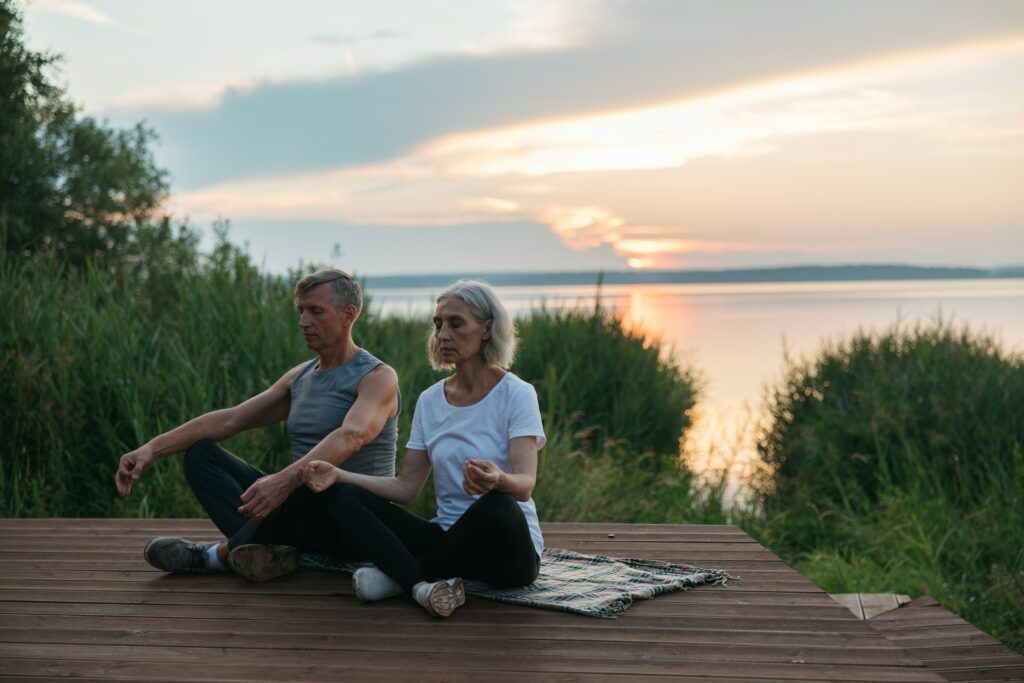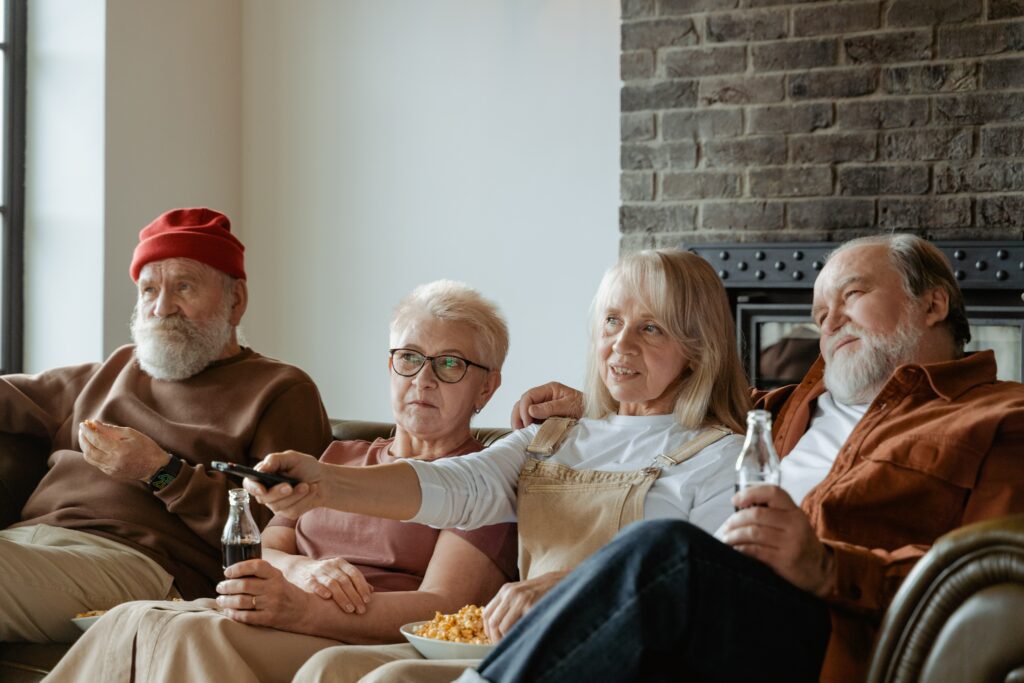Tips on How to Slow Down Aging
As we age, we may notice changes in our bodies and minds that can affect our quality of life. While there is no way to completely stop aging, certain lifestyle changes and interventions can help slow down the process and improve our overall health and well-being.
This article will explore some tips for slowing aging based on scientific research and reliable sources. Whether you want to improve your physical health, cognitive function, or emotional well-being, these tips can help you age gracefully and enjoy a better quality of life as you age.
Can We Slow Down Aging?
While there is currently no known way to completely stop or reverse the aging process, studies have demonstrated that it is possible to slow it down or prevent the development of diseases associated with aging through various interventions.
New research from the University of Oslo on roundworms demonstrates that slowing the aging process may be possible. The findings in the study demonstrated that people could inhibit many of the processes in the cells that drive aging. The researchers used krill oil, which contains several substances that can simultaneously act on these processes.
In the study, the researchers investigated the development of Parkinson’s disease in older roundworms. Parkinson’s disease is a disease of the brain in which we gradually lose nerve cells. The researchers found that roundworms receiving krill oil do not lose the brain’s nerve cells as they age.
The researchers emphasize that while there is still much to learn about aging, there is reason to be hopeful that interventions could be developed to help people live healthier and longer lives.
Science-Proven Ways To Slow Down Aging
While there is currently no known way to completely stop or reverse the aging process, certain lifestyle changes and interventions have been shown to slow down the process and improve health in older adults. Here are some examples:
- Caloric restriction: Studies have shown that reducing calorie intake by 20-40% can extend lifespan and improve animal health outcomes. While there is less evidence in humans, some studies have suggested that caloric restriction can improve metabolic health, immune function, and cognitive function.
- Exercise: According to research, regular physical activity has been shown to improve cardiovascular health, muscle strength, and mobility in older adults. It may also help to reduce the risk of chronic diseases such as diabetes, cancer, and Alzheimer’s disease.
Read Also: Physical Health: The Importance of Meeting the Needs of Adults
- Targeted drugs: Certain drugs that target specific aging pathways, such as rapamycin and metformin, have shown promise in extending lifespan and improving health outcomes in animal studies. While more research is needed, some human studies have also suggested that these drugs may improve health in older adults.
- Sleep: Sleeping, including cognitive and immune functions, is important for overall health. Studies have shown that sleep deprivation can accelerate the aging process while getting enough sleep can help to slow it down.
- Diet: Eating a healthy diet that is rich in fruits, vegetables, whole grains, and lean protein can help to slow down aging and reduce the risk of chronic diseases. Some studies have also suggested that certain dietary supplements, such as resveratrol and nicotinamide riboside, may have anti-aging effects.
- Meditation: Studies have shown that regular meditation can help reduce stress and inflammation, both key factors in aging. Meditation has also been linked to improved cognitive function and increased longevity.
- Social connections: Having strong connections with family and friends can help reduce stress and improve mental well-being, slowing down aging. Studies have also shown that people with strong social connections live longer than socially isolated people.
- Sun protection: Exposure to the sun’s ultraviolet (UV) rays can cause skin damage and premature aging. Protecting your skin from the sun by wearing sunscreen and protective clothing and avoiding direct sunlight during peak hours can help to slow down the aging process and reduce the risk of skin cancer, a study suggests.
- Cognitive stimulation: Keeping your brain active and engaged through reading, puzzles, and learning new skills can help maintain cognitive function and slow aging. Studies have also shown that people who engage in cognitively stimulating activities tend to have a lower risk of developing dementia (Guo et al., 2013).
- Hormone therapy: According to a study, hormone therapy, such as estrogen replacement therapy in women, has been shown to improve some of the symptoms of aging, including hot flashes and vaginal dryness. However, hormone therapy is not without risks, and it’s important to consult with a healthcare provider to determine if it’s right for you.
Things To Avoid
Apart from doing what’s advised to preserve your health as you age, it’s also important to learn what you should not do. Here are certain things that you should avoid to slow down aging. Here are some examples based on reliable sources:
- Smoking: Smoking is one of the most well-established factors that accelerates aging. Smoking can cause damage to the skin, teeth, and internal organs and is associated with a higher risk of chronic diseases such as cancer, heart disease, and lung disease. (Source: National Institute of Health)
- Excessive alcohol consumption: Excessive alcohol consumption can lead to liver damage, cognitive impairment, and other health problems that can accelerate aging. Drinking in moderation or abstaining from alcohol can help slow aging and improve overall health. (Source: National Institute of Health)
- Inactivity: Being sedentary and not getting enough physical activity can accelerate aging and increase the risk of chronic diseases such as obesity, diabetes, and cardiovascular disease. Regular exercise and physical activity can help slow aging and improve overall health. (Source: National Institute of Health)
- Poor diet: Eating a diet high in processed foods, sugar, and unhealthy fats can accelerate aging and increase the risk of chronic diseases. Eating a healthy diet rich in fruits, vegetables, whole grains, and lean protein can help slow aging and improve overall health. (Source: National Institute of Health)
- Chronic stress: Chronic stress can accelerate aging and increase the risk of chronic diseases. Finding ways to manage stress, such as meditation, exercise, and social support, can help slow aging and improve overall health. (Source: National Institute of Health)
Read Also:
- Depression In Older Adults: A Common and Serious Condition
- Anxiety and Older Adults: Overcoming Sense of Despair and Distress
Bottomline
It’s important to note that while these interventions have shown promise in research studies, they are not guaranteed to slow down aging in every individual.
Additionally, it’s always a good idea to consult a healthcare provider before making significant lifestyle changes or starting a new medication.






